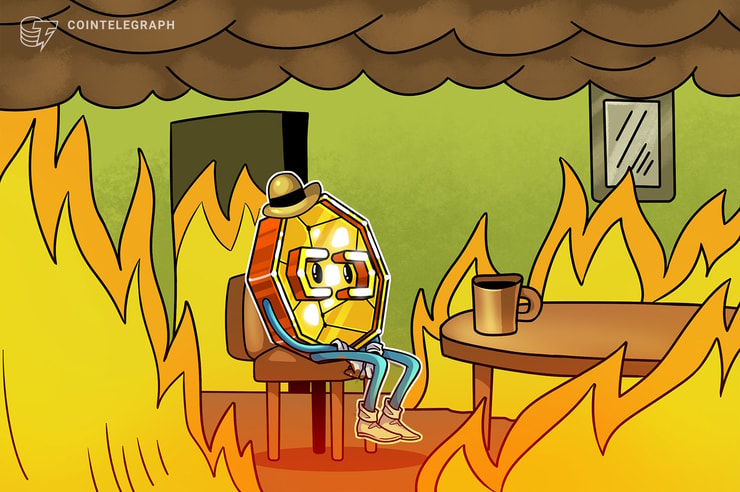NFTs undergo rapid financialization, report finds

A new report reveals that the financialization of non-fungible tokens (NFTs) is advancing rapidly, with NFTs evolving in complexity and interactions, such as trading, lending and borrowing, becoming more sophisticated. But many significant issues remain, from reputation to the environment.
Funding of NFTs continues at a rapid pace, according to a new report from Reflexivity Research. The report, which is not intended to offer investment advice, outlines the growth of NFTs as financial products. It also offers a number of caveats.
NFTs: Advantages and Disadvantages
The popularity of NFTs has taken off. Especially with artists looking for ways to monetize assets. However, the report also highlights serious environmental consequences. With NFTs accounting for 30% of all Ethereum gas usage, these concerns are hard to dismiss and are likely to grow.
A number of market factors drive financialisation. The report identifies the launch of BLEND as a recent step. BLEND (a portmanteau of the words “loan” and “lend”) is an NFT lending platform. It allows users to take out a mortgage on their favorite blue-chip collections.
Reflexivity’s report also acknowledges the meteoric rise of NFT marketplace Blur. Launching in October 2022, it aimed to fill a market gap by providing an institutional UI/UX for spot trading. (Blur is also the owner of BLEND.)
Misconceptions about NFTs
The general public mostly sees NFTs as expensive JPEGs used for profile pictures. However, non-fungible tokens can introduce financial market dynamics to traditionally non-financial or illiquid assets. These include artwork, real estate, private equity investments, and film and media rights.
NFTs do this by digitizing unique goods and facilitating their trade on a blockchain.
“Revolutionizing the art market will require more than NFT drops. A new form of patronage is needed, one that changes the method of selecting artists, awarding financial support and commissioning and creating art. Even these three required shifts may be insufficient,” Anthony Georgiades, co-founder of Pastel Network, told BeInCrypto.
“NFTs will greatly enhance existing processes in the financial sector, such as in loan collateral, insurance and debt management, to name a few,” he said.
“In many cases, they eliminate much of the risk associated with borrowing and lending assets. Thanks to fractional NFTs, we will also see greater financial inclusion across a range of investments, given that they lower the financial barrier to entry.”
Greater financial inclusion?
Some people greatly underestimate the applications of technology. “I actually think so [they] will make financial processes much more accessible and simple for all parties involved, Georgiades continued.
The technology’s cheerleaders have often heralded NFTs as a revolutionary step that could open access to elite industries such as the arts. Although not everyone buys it. In fact, many are openly skeptical of the role these tokens can play.
“Revolutionizing the art market will require more than NFT drops,” Mark Lurie, CEO of Shipyard Software and director of The Foundation for Art & Blockchain (FAB), told BeInCrypto.
“A new form of patronage is needed, one that changes the method of selecting artists, awarding financial support and commissioning and creating art. Even these three necessary shifts may be insufficient,” Lurie said.
Disclaimer
In accordance with the guidelines of the Trust Project, BeInCrypto is committed to objective, transparent reporting. This news article aims to provide accurate, timely information. However, readers are advised to verify the facts independently and consult with a professional before making any decisions based on this content.
























